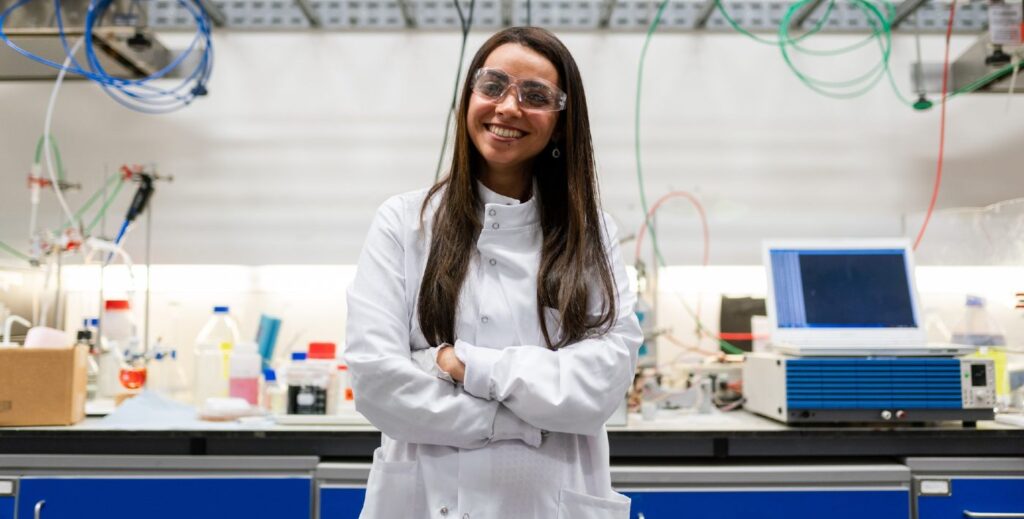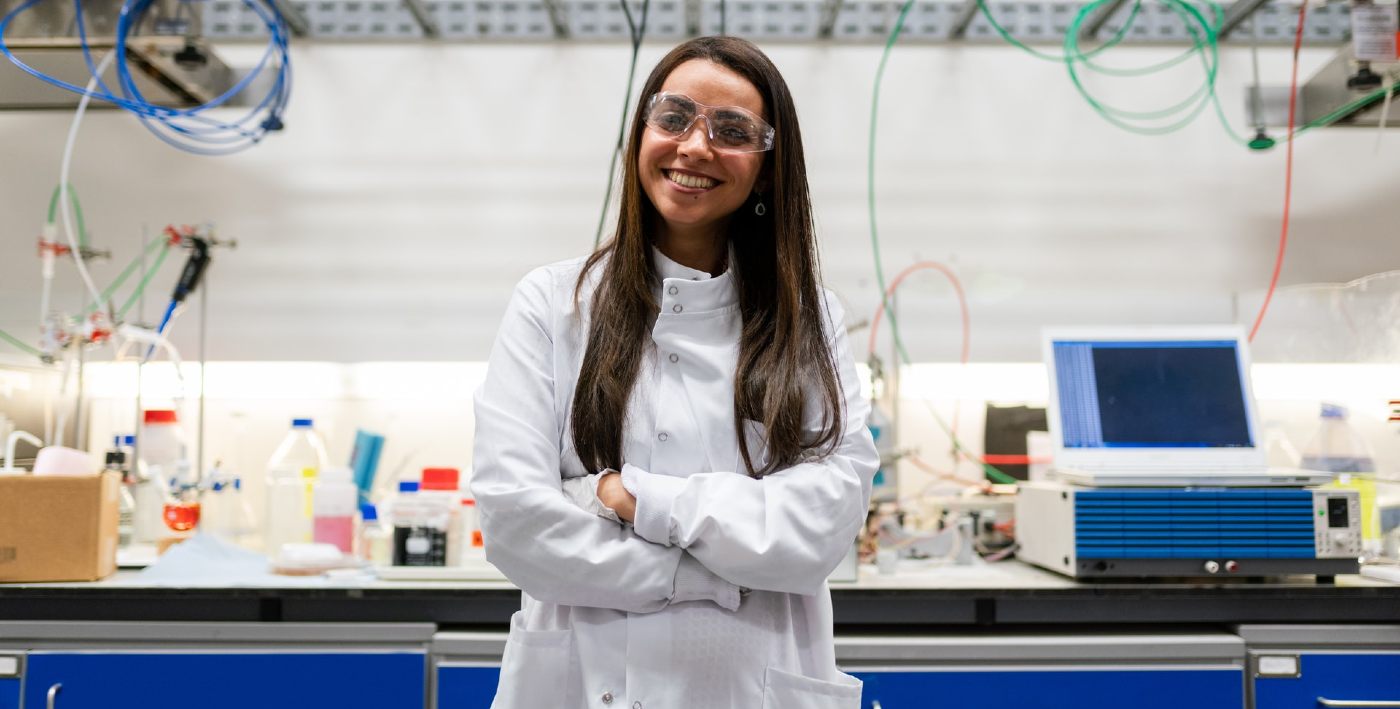
Back in 2018, 3M began publishing public attitudes towards science around the world. Prior to the pandemic, a general drop in trust towards science and scientists was showing in 3M’s figures.
Then COVID-19 hit the world, and everything changed: In their latest polling, the multinational company 3M has found the downwards trend dramatically reversed—with trust in science showing a huge rise since March 2020.
In fact, against the backdrop of the coronavirus, trust in science and scientists is the highest it has been in three years since these surveys first began.
For its State of Science Index (SOSI) pollings, 3M targets a demographically representative group of over 1,000 participants in around a dozen countries: including Brazil, the United States, Canada, Germany, Japan.
The latest SOSI survey was fielded in eleven countries throughout July and August of 2020, about six months into the pandemic.
89% of those surveyed said they trust science; 86% trust scientists; 77% are more likely as a result of the pandemic to agree that science needs more funding; and more than half (54%) agree science is very important to their everyday lives–a double-digit increase from the pre-pandemic data (44%).
Rounding out the picture, 92% of global respondents believe actions should follow science to contain the global pandemic, revealing another measure of trust in science.
COVID-19 has made people more sensitive to and appreciative of what science can do
“As people face the most challenging health crisis in our lifetime, science is more relevant, more trusted, and more important to people all over the world,” explained Mike Roman, chairman of the board and chief executive officer of 3M.
People who stated, “I am skeptical of science,” dropped by 7 points to 28% during the pandemic this summer, from its high of 35% last year. Relatedly, respondents who only believe science that aligns with their personal beliefs is down six percentage points from when the question was first asked in 2018.
A renewed trust in science appears to translate into taking action too: More than half of those surveyed (54%) agree COVID-19 has made them more likely to advocate for science, whereas pre-pandemic data showed only 20% would stand up for science when debating its merits with others.
When asked about issues people most want to solve for, unsurprisingly, finding a cure for emerging viruses (such as COVID-19) ranks at the top (80%), followed by finding a cure for other major diseases (62%).
MORE: Scientists Create ‘Super Enzyme’ That Eats Plastic Bottles Six Times Faster than Previous Enzymes
Outside of healthcare, social justice and the environment are among the greatest priorities. Social justice/STEM equity (advocating for racial equality in society and/or ensuring underrepresented minorities have access to STEM education) is the top non-health related issue (55%)—and addressing the effects of climate change is the second (51%).
(Source: 3M)




















